Sania predicts tough future for Indian women's tennis
Former doubles world number one brings curtain down on her glorious career with loss in Dubai
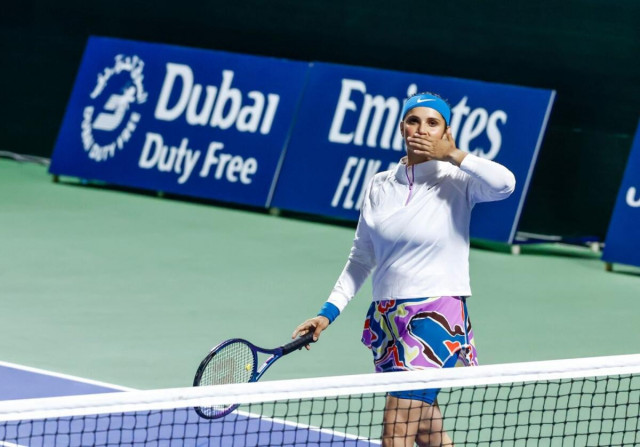
Sania Mirza said on Tuesday she does not see an Indian talent emerging at the top echelons of women's tennis in the immediate future, but is hopeful that can change down the road.
The Indian tennis icon played the final match of her 20-year professional career earlier in the day, losing alongside Madison Keys 6-4, 6-0 to Russian pair Liudmila Samsonova and Veronika Kudermetova at the Dubai Open.
A former doubles world number one and six-time Grand Slam champion in doubles and mixed doubles, 36-year-old Mirza's trailblazing journey has inspired countless young people from her country to take up tennis.
"Every time that we see a glimmer of hope, we see either they go to college, and after college they never sort of come back to competing, or they're just not able to make that next jump," Mirza told reporters.
"If you're talking about someone trying to achieve, not just me as a benchmark, but more than what I have, I honestly feel that it will probably be someone who's maybe five or six years old today."
The highest-ranked Indian woman in singles at the moment is 30-year-old Ankita Raina, who stands at 245 in the world, and the only other player in the top-300 is Karman Thandi at 265.
Apart from Mirza, there are just two Indian women in the top-200 in doubles.
"To see someone who is going to dominate at the highest level, I don't know if I see that in the immediate five to 10-year future. That's the honest truth," said Mirza, who was accompanied by her four-year-old son Izhaan in her final press conference.
Besides focusing on her tennis academies, Mirza has also taken on a mentorship role for the Royal Challengers Bangalore women's cricket team in the Indian Premier League.
Determined to help the next generation of young Indian girls to "believe they can be champions", Mirza sees this role as a great opportunity to achieve just that.
"The whole concept of me being there has nothing to do with cricket. It actually has to do with the mental aspect of things with these younger girls," she said.
"They've never been in positions where they've had so much money, millions riding on them. Many of them haven't been on TV, haven't done ads, shoots.
"It's so easy to get distracted from that stuff. It's also very easy to tense up and feel the pressure because there's so much expectation of you.
"I've obviously had that for the last 20 years of my life. So I feel that at least in that mental aspect I'll be able to share my experiences in just having to make them feel more comfortable.
"It also gets me to do something where I'm able to share my experience in trying to make women's sport better and more accepted, more acknowledged for the future in the subcontinent."



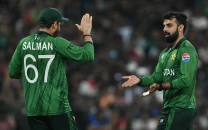
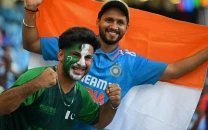
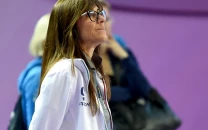
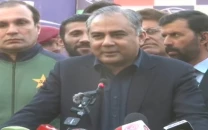












COMMENTS
Comments are moderated and generally will be posted if they are on-topic and not abusive.
For more information, please see our Comments FAQ